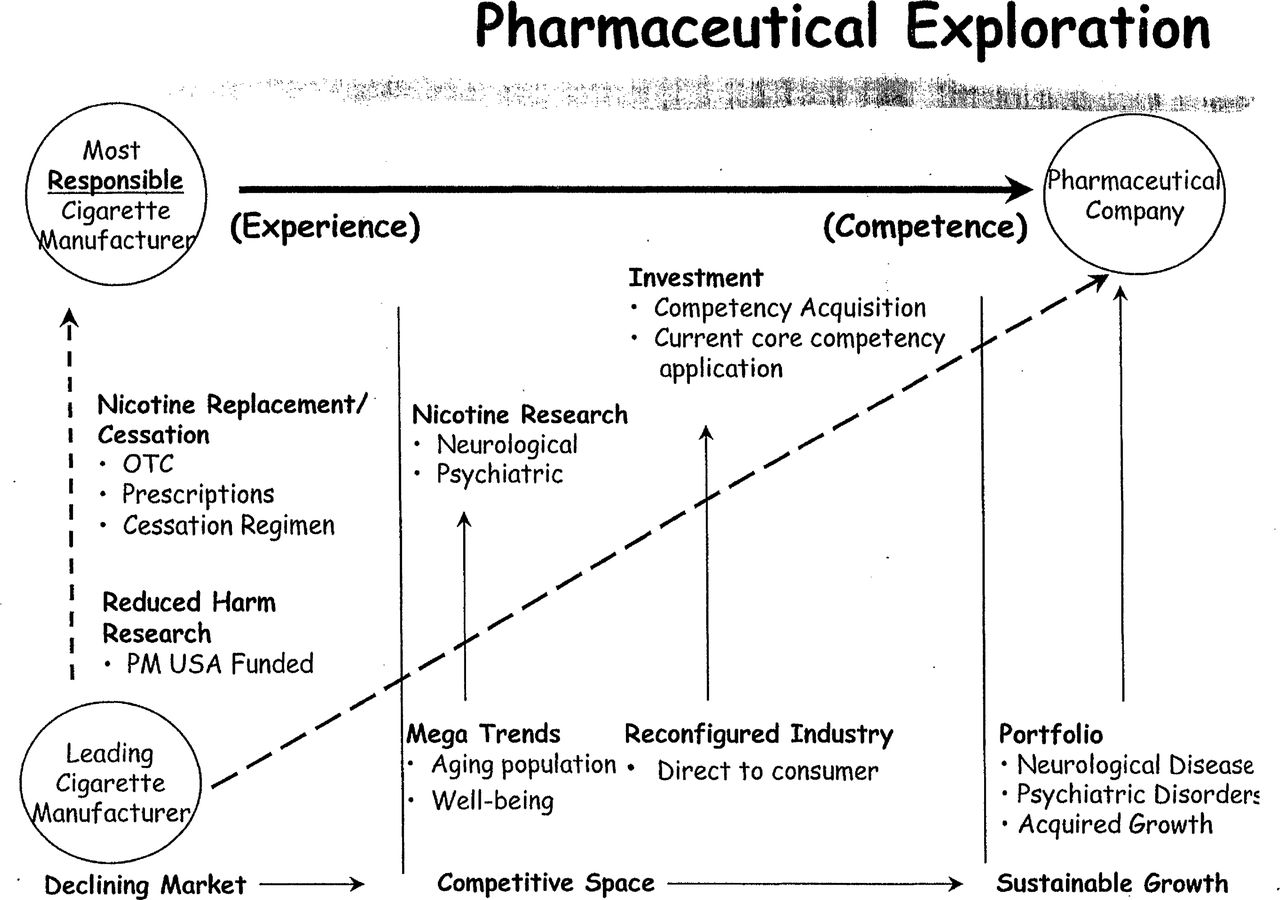A new article I wrote with colleagues at the Center for Tobacco Control Research and Education (CTCRE) at the University of California, San Francisco (UCSF), has just been published in BMJ Global Health.

It investigates the multi-decade plan of various tobacco companies to move out from under the social stigma and de-legitimization of the industry manufacturing toxic products that kill two in every three users, to an industry viewed as working with public health to promote wellness, recreational self-treatment of psychological issues, and solving the tobacco epidemic. We track the industry’s own analysis of the situation, and tell their story of how they bought and fought their way out to regain their social license – all the while continuing selling the more deadly consumer product ever made.
This paper helps address some of the following questions:
Why did e-cigarettes come on the market at the particular moment in history when they did?
If e-cigarettes are so helpful in switching from combustible cigarettes, why haven’t they been promoted yet in countries like Indonesia, where 60% of men smoke?
Should the tobacco industry make money both from killing millions of people, and then presenting a ‘cure’ through reduced-harm products like nicotine pouches and vapes?
Or, is there a major problem here preventing the tobacco industry from actually working in the interest of the public’s health?
What if the entire purpose of all these new products was to hook another generation on tobacco and nicotine (which otherwise wouldn’t have been interested in cigarettes), so that the industry can keep on making money off our health? And that these products happened to hit the market *just* at the moment when the tobacco industry saw the writing on the wall of decreasing profits and freefalls in volume? Is good-old technological ingenuity to thank? Or, has the industry planned out when to release new “harm-reduced” products only when they needed to – after smokefree policies have cut sales and industry profits?
Our new paper Pharmaceuticalisation as the tobacco industry’s endgame looks at 50 years of previously secret tobacco industry documents to tell the story of the tobacco industry’s transformation – and why it undermines rather than promotes public health.